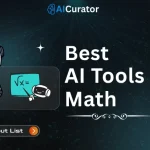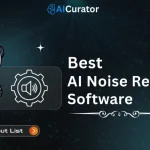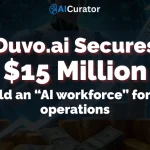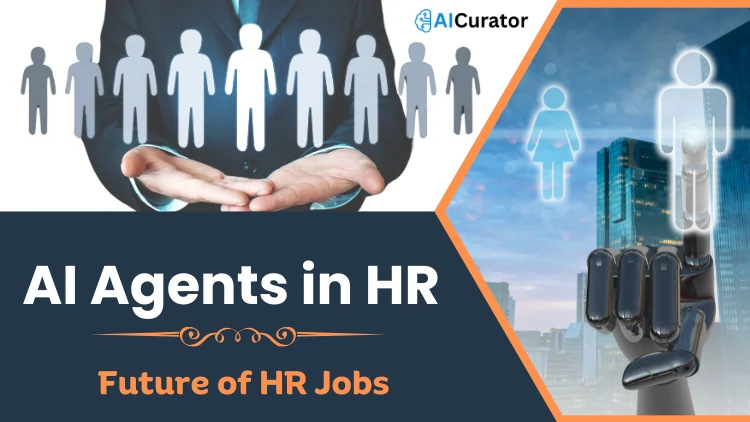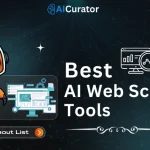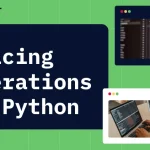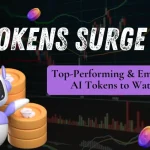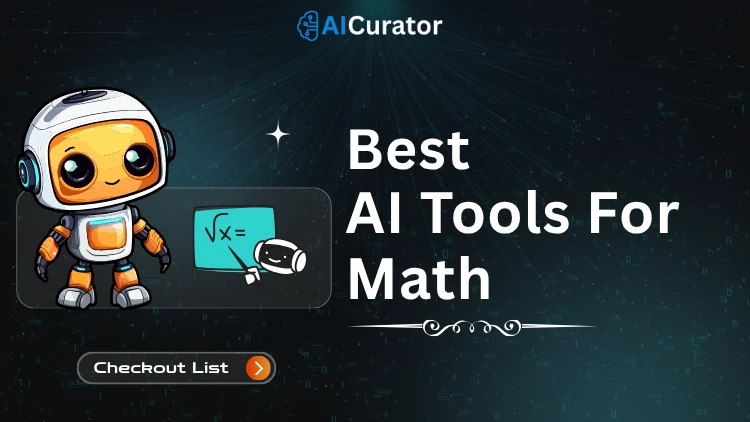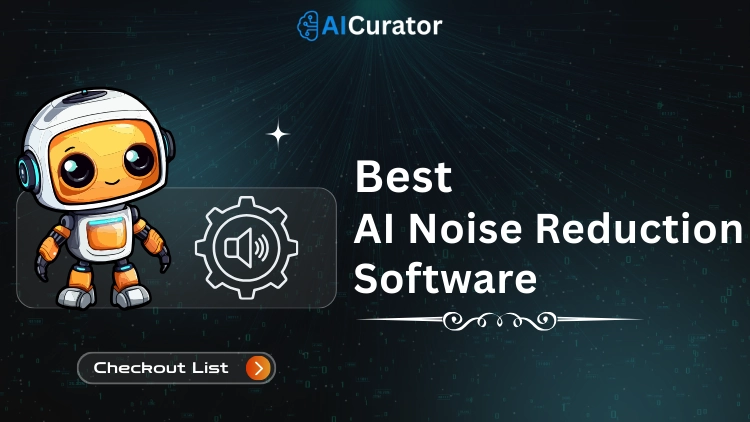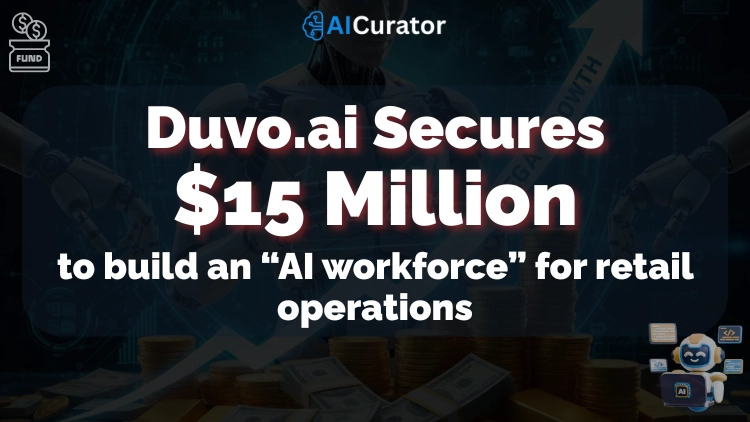The AI revolution just hit HR—hard. In May 2025, IBM shocked the industry by laying off 8,000 employees and replacing 200 HR roles with AI agents. But before you panic about your HR career, here's the twist: IBM's total employment actually increased.
So what's really happening?
Are AI agents the job-killers everyone fears, or the productivity partners HR professionals desperately need?
From recruitment automation to bias-free hiring, we're breaking down how AI agents are transforming HR, what’s happening on the ground, and what it means for YOUR future in HR..
AI in HR: IBM’s HR Overhaul as a Case Study
IBM’s recent move is a headline-grabber for good reason. In May 2025, IBM laid off around 8,000 employees, with the majority of cuts hitting the HR department.
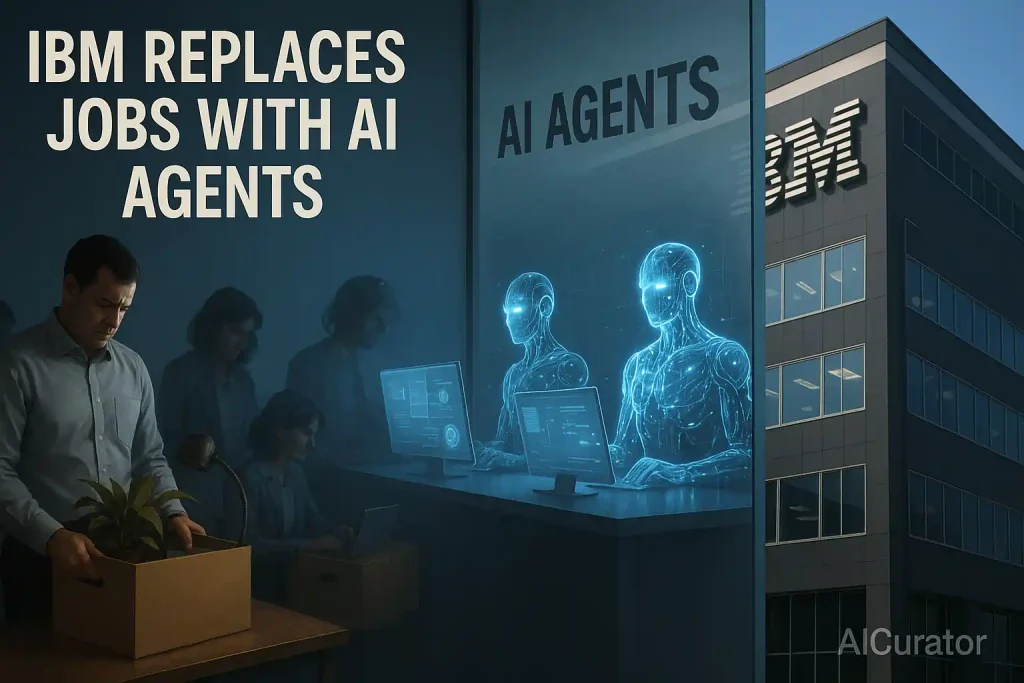
About 200 HR roles were directly replaced by AI agents, which now handle tasks like:
- Responding to employee queries
- Processing paperwork
- Organising HR data
These AI agents require minimal human supervision and are designed to boost efficiency while slashing operational costs. IBM CEO Arvind Krishna has been vocal about the company’s aggressive AI adoption, stating that automation is freeing up resources for growth in areas like software development, sales, and marketing—fields where human creativity and strategic thinking are still essential.
While we have done a huge amount of work inside IBM on leveraging AI and automation on certain enterprise workflows, our total employment has actually gone up. It gives you more investment to put into other areas.” — Arvind Krishna, IBM CEO
IBM’s approach is not just about reducing headcount. It’s about modernising the workforce—shifting people away from repetitive admin roles and into jobs that demand human intelligence, empathy, and judgement.
How AI Agents Are Redefining the Hiring Process
AI in HR is not just an IBM story. Across industries, AI agents are transforming how companies recruit, vet, and onboard talent. Here’s how:
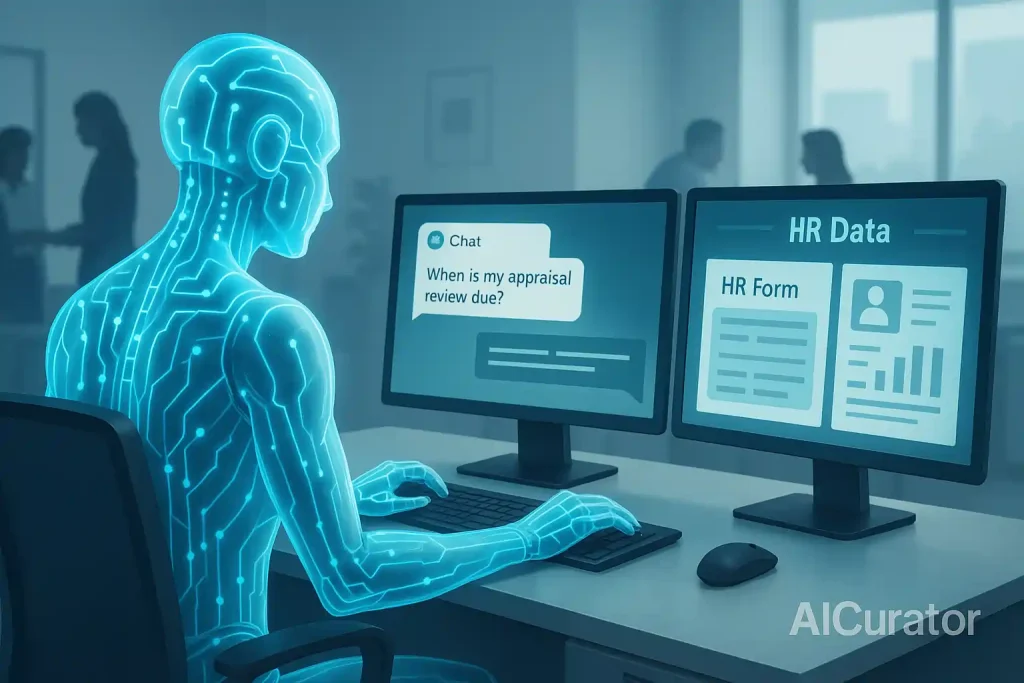
1. Turbocharged Recruitment and Screening
- AI-powered applicant tracking systems (ATS) scan CVs, match candidates to job requirements, and even flag integrity issues in real time.
- Tools like Zoho Recruit and Instahyre use AI to rapidly shortlist candidates and spot red flags that would be missed in manual reviews.
- Eaton, a global manufacturer, used AI recruitment solutions to quadruple its talent network and boost candidate velocity by 30-40%.
2. Real-Time Integrity Checks
- AI agents can instantly verify employment history, qualifications, and even scan social media for red flags—tasks that would take humans hours or days.
- This not only speeds up hiring but injects a new level of trust and transparency into the process.
3. Bias Reduction and Fairness
- By anonymising candidate data (removing names, gender, age), AI helps reduce unconscious human bias and levels the playing field.
- Data-driven matching means merit comes first, not personal connections or gut feelings.
4. Enhanced Candidate Experience
- AI chatbots provide instant responses, real-time feedback, and tailored job suggestions, making the application journey smoother and more engaging.
- Candidates feel valued, and companies can handle high application volumes without sacrificing personal touch.
5. Streamlined Onboarding and Offboarding
- AI automates admin-heavy onboarding tasks—form submissions, policy distribution, training schedules—reducing manual work and errors.
- When employees leave, AI ensures secure, efficient offboarding: revoking access, processing exit surveys, and managing payroll.
The Benefits: Why Companies Are Betting on AI Agents
Let’s get specific about the perks AI brings to HR:
- Speed and Scale: AI never sleeps and can process thousands of applications or queries in minutes, not days.
- Cost Savings: While initial investment is high, long-term savings come from reduced admin overhead and faster hiring cycles.
- Data-Driven Decisions: AI analyses patterns and predicts job fit, making hiring smarter and more objective.
- Scalability: AI can handle surges in hiring demand (think campus recruitment or large-scale expansions) without missing a beat.
- Compliance and Security: AI can help enforce data privacy standards, flagging risks and ensuring sensitive information is handled properly.
The Challenges: Where AI Still Needs a Human Touch
AI isn’t a silver bullet. There are real-world hurdles:
The Future: Man Plus Machine, Not Man Versus Machine
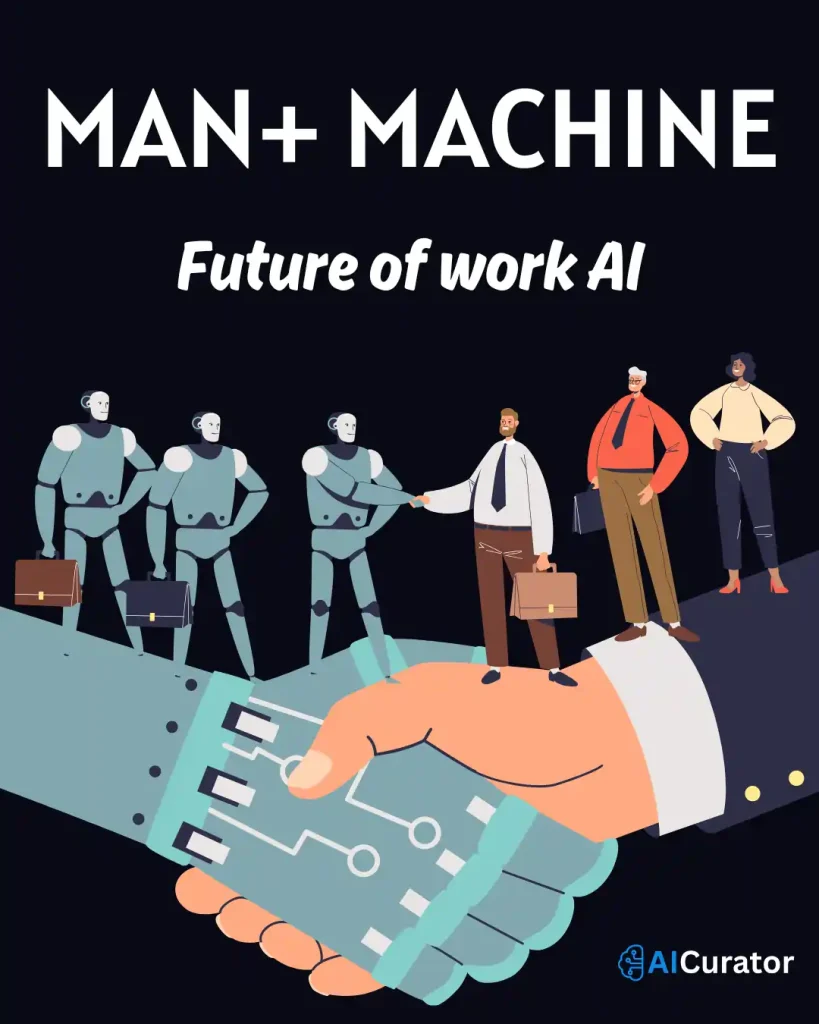
So, will AI agents take over HR jobs entirely? The evidence suggests otherwise.
AI is set to automate repetitive, process-driven tasks, but roles requiring creativity, strategic thinking, and people management remain firmly in human hands. Even IBM, after its high-profile layoffs, is hiring more people in areas that demand distinctly human skills.
The future of HR isn’t man versus machine—it’s man plus machine, smarter together.”
— Hitesh Ganjoo, CEO, Iksha Lab
The most successful organisations will be those that strike the right balance: letting AI handle the heavy lifting, while humans focus on relationship-building, decision-making, and culture.
Global Trends: It’s Not Just IBM
IBM isn’t alone. Moderna and even government agencies are automating core HR functions with AI, from payroll and scheduling to performance reviews and career tracking. The U.S. Office of Personnel Management, for example, moved to centralise HR with AI-driven platforms, reflecting a growing reliance on automation across sectors. (Read full story here)
The HR Agent Revolution Is Here—But It’s Not the End of HR
AI agents are already reshaping HR, from turbocharging recruitment to enabling real-time integrity checks and automating admin tasks. The IBM case shows how quickly this shift can happen—and why roles focused on creativity, empathy, and strategy will only become more valuable.
For HR professionals, the message is clear: embrace AI as a partner, not a threat. Upskill, focus on what humans do best, and let AI handle the rest.
📊 Key Stat: By 2030, up to 48% of HR roles could be impacted by AI, but companies like IBM are using savings to invest in growth areas, not just cut jobs.
Curious about the numbers?
IBM's new research exposes how 87% of executives plan to augment—not replace—their workforce with AI.


